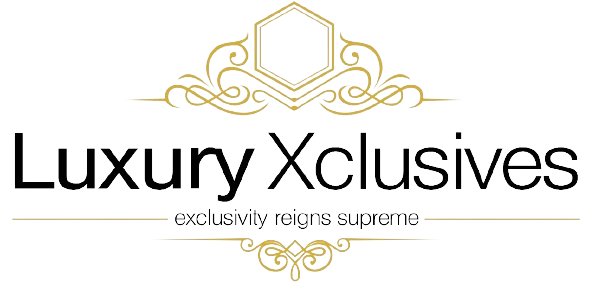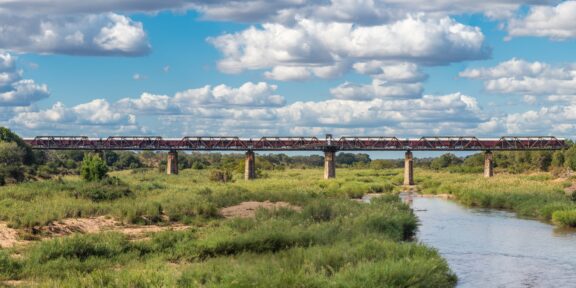Wine is possibly the greatest agricultural product there is. It possesses an ethereal capacity to transcend time, enhance gastronomy, become collectible, and nourish the soul. To ensure that we have many great wines in the centuries to come, sustainability is of growing importance for fine wine and its consumers,” says Wine Cellar CEO James Pietersen.
Surely the buzzword of the 21st century, sustainability is a topic that informs heated political debate, activism, law-making and company policy. It also informs the choices we make as custodians of this planet. It’s an approach to the way we live in order to ensure a future worth fighting for. To secure that future, we’re faced with choices in all facets of our lives, from the fish we choose off the menu and how we wash our laundry, to what we give back to the communities we interact with, and how that glass of wine we enjoy came to be.
At Wine Cellar, wines are chosen for various reasons, some for the daring ingenuity of the winemaker or the impressive vintage, others for their investment potential, and others still for their ability to produce outstanding wines that tread lightly on the earth. “We’re proud to say that the latter is a category we’ve built on over the past few years, stocking wines that support sustainable practices,” adds James.
Sustainability in wine means a couple of things. First is environmental practices – how the grapes are farmed, soil health, use of pesticides, land regeneration, packaging and so on. Second is the social impact of production – how workers are compensated and supported and whether production has a positive or negative impact on the community. Third is the economic outlook of the winery itself – whether it’s set up in a way that ensures a long-term future.
This trifecta is referred to as: people, planet, prosperity, and those farms producing sustainable and organic wines are satisfying some combination of the three. Furthermore, those who adopt a lutte raisonnée approach to winemaking – using conscious and sustainable practices within reason, to ensure a prosperous business – are making an impact on our future. “Too much wine is sold too cheaply for the long-term health of the industry,’ says UK-based Master of Wine, Tim Atkin. ‘Winemakers need to pay more for their grapes and consumers need to recognise that South Africa cannot continue to be the world’s bargain basement.”
It’s true that not all sustainable wines are great, so it’s important to be discerning. That said, the reasons to drink sustainable and organic wines are numerous. To list a few: a healthy vineyard requires less intervention to produce good wine. Established organic vineyards are more drought resistant and thus require less water. The lack of chemicals is much better for the human body, as well as for the immediate environment and biodiversity at large.
“Sustainability isn’t an optional extra for the wine trade. It’s a moral choice in that we can’t expect the next generation to pick up our tab,” says London-based wine writer, Jamie Goode.
Many don’t realise it, but South Africa is setting the standard for sustainable wine practices the world over. Just a glance at your wine bottle will reveal much of this through its various seals. A staggering two-thirds of Fairtrade wines produced in the world come from South Africa. We’ve introduced new varieties that are much more drought resistant, ensuring long-term sustainability. And 60% of the country’s wine producers are IPW certified, meaning that they voluntarily meet the standards of environmental sustainability in the growing of grapes and the making of wine.
Among Wine Cellar’s growing stable of sustainable wineries, Reyneke is one of the local champions. Dating back to 1863, the Stellenbosch based farm is certified organic and biodynamic. Some of the other local ones to try include Stark-Condé and Taaibosch. Wine Cellar is also the SA home of some formidable international producers who’ve made people, planet and prosperity their ethos. The likes of Chapoutier – an organic pioneer, and biodynamic producer since 1991, Drappier – the first carbon-neutral Champagne house, Querciabella, who have been vegan producers since 2000, and Clemens Busch – an organic pioneer in the Mosel, who converted to a biodynamic model back in 1984. A wide selection from these heavyweights of the wine world is available on Winecellar.co.za.
“Sustainability is costly and therefore necessitates consumer understanding and support in order to ensure the success of the people, planet and prosperity trifecta,” adds James. In such a nuanced industry, seeking out only the wines that are sustainable could lead you to miss out on some of the greats. But, if by enjoying a bottle of the finest you’re also doing your bit to ensure the longevity of the planet and the industry…we’d raise a glass to that.
Shop a selection of the finest local and international sustainable wines on Winecellar.co.za.

About Wine Cellar
Wine Cellar is South Africa’s finest online wine merchant, delivering fine wine throughout the country. Specialising in sourcing fine local and international wines and offering specialised wine storage facilities in Observatory, Cape Town, the team regularly hosts benchmark wine tastings in Cape Town, Johannesburg and Stellenbosch, including their fun and much-loved Young Guns™ event. Wine Cellar also hosts private and corporate tastings with the option to create and tailor your own.
Wine Cellar not only offers clients access to the best South African and European wines, but also introduces them to exciting new producers and rising stars on the scene. The team includes the most knowledgeable people in the wine industry and is always happy to provide personal recommendations, whether you’re a newbie, a seasoned taster or somewhere in between. The team is led by wine aficionado James Pietersen. Jolette Steyn heads up sales and imports and together their passionate staff hold decades of fine wine experience. Meet James Pietersen and the rest of the team here.
About James Pietersen, CEO of Wine Cellar
James, CEO of Wine Cellar, was enticed into the world of wine while studying law at the University of Stellenbosch. An encounter with some Château Lynch-Bages 1982 led to an epiphany and a life-long journey in wine ensued.
His 25 years of experience in the SA wine industry includes retail, wine buying and working as Head Sommelier for a leading restaurant group. As a professional wine taster, he also has experience with Platter’s Wine Guide (since 2007), Winemag.co.za, Old Mutual Trophy Wine Show, and as Panel Chair for the Standard Bank Chenin Blanc Challenge. Few pundits taste more wines than him.






















